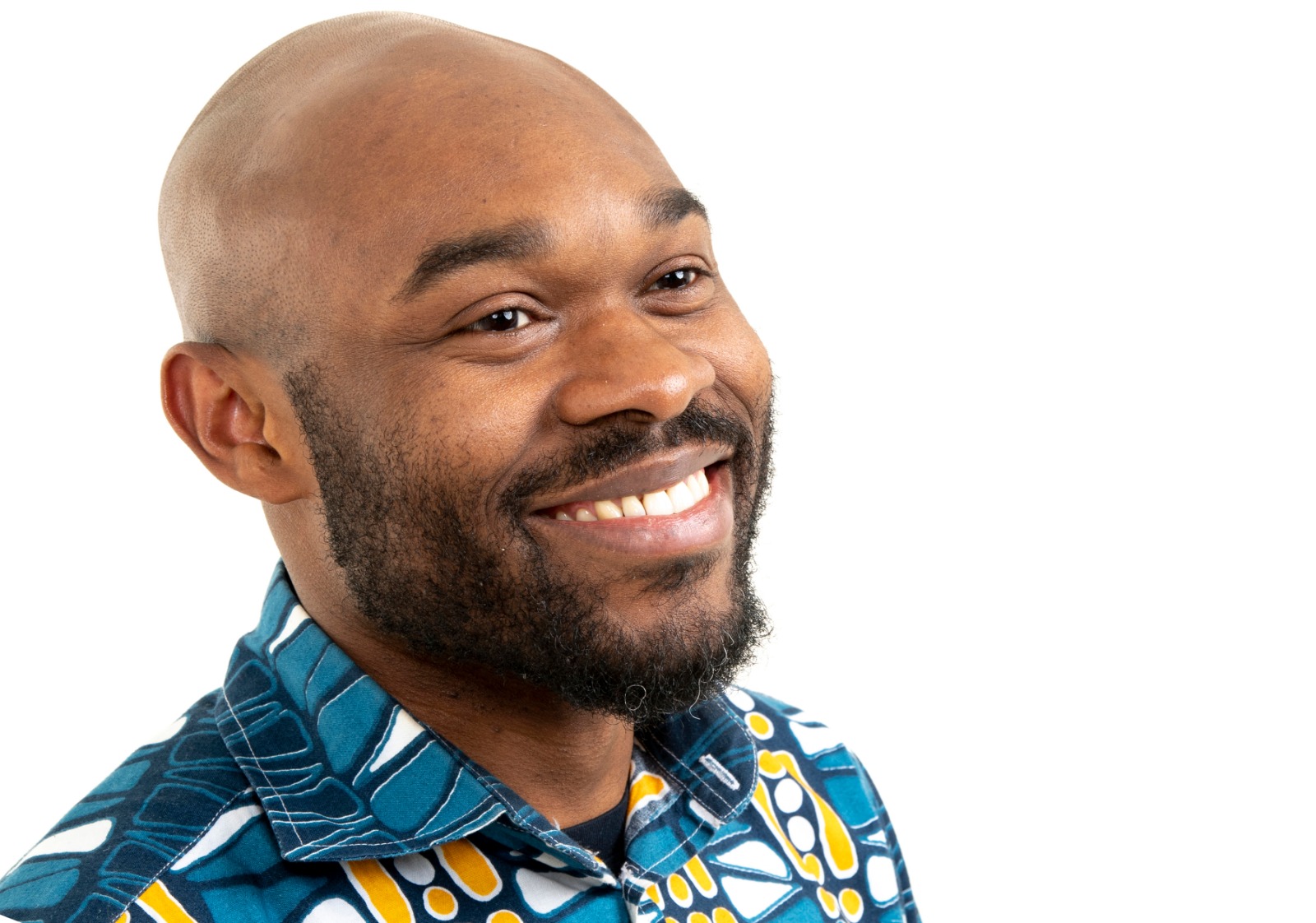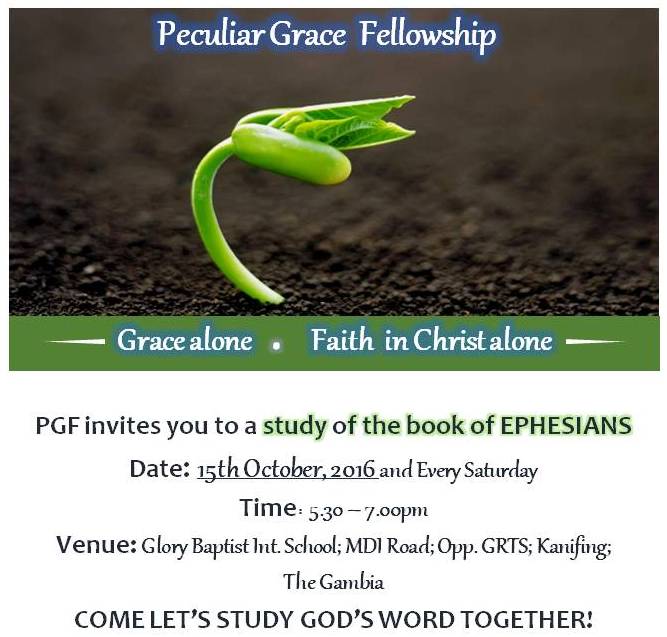
And when Shechem the son of Hamor the Hivite, the prince of the land, saw her, he seized her and lay with her and humiliated her. Now he was the most honored of all his father’s house. (Genesis 34:2, 19b)
What a contradiction of character we are faced with in our opening text! Here is the most honoured man in all his father’s household and the prince of the land, yet look at how vilely he acts towards Dinah, the daughter of Jacob and Leah! The NASB and the Berean Standard Bible are more wooden in how they render our opening text. They read, “When Shechem…saw her, he took her and lay with her by force.”
Jacob escaped from his cunning Uncle Laban not long ago (read all about it in Genesis 31) and settled in Shechem (Genesis 33:18-19), a land probably so named after its founder and first ruler of the land. Sometime after this, Dinah decides to play the tourist and “go out to see the women of the land” (Genesis 34:1). Her visit appears to be one of curiosity, for she went out “to see the women of the land”, not anyone in particular. As Matthew Henry says,
“Her pretence was, to see the daughters of the land, to see how they dressed, and how they danced, and what was fashionable among them; she went to see, yet that was not all, she went to be seen too. She went to get acquaintance with the Canaanites, and to learn their ways.”
Henry may well be right. Perhaps she craved the company of other young women, being an only daughter. Her curiosity leads us to suspect this event occurred not long after Jacob settled in Shechem – for if she had been familiar with the territory, there wouldn’t have been a need to see what the women of the land were like. Hamor’s (ruler of the land) words later in vv. 21-22 seems to support this position when he says, “Only let us agree with them, and they will dwell with us.” Dinah’s expedition would prove tragic, however. She is seen by Shechem, son of the ruler of the land, who, in a moment of weakness, taints her life forever in a most devastating way.
You can almost sense Shechem’s helplessness. He sees Dinah and fancies her (Strong’s Hebrew interprets “saw” as, to see, inspect, perceive, or consider, watch, or give attention – the same word used when God, in Genesis 1, saw or considered what he had created and said it was good). He seems to have fallen for Dinah, but then in a contrast of events, he seizes Dinah, overpowers her, and selfishly and forcibly violates her. What he does afterwards shows that he might have genuinely loved Dinah. The text says, “his soul was drawn to Dinah the daughter of Jacob. He loved the young woman and spoke tenderly to her. So Shechem spoke to his father Hamor, saying, “Get me this girl for my wife.” (vv. 3-4).
So, why would Shechem act in such a way if he had genuine intentions for Dinah? Why couldn’t he wait for Dinah’s hand in marriage to display his affection for her in a more honouring way rather than violating and humiliating her in such a manner? The answer, I believe, lies in the heart. The prophet Jeremiah records,
“The heart is deceitful above all things, and desperately sick; who can understand it?” Jeremiah 17:9.
The KJV rendition is just as forceful, “The heart is deceitful above all things, and desperately wicked: who can know it?”
Herein lies, I believe, the root of the problem. Shechem’s feelings for Dinah may have been genuine, but his heart was desperately sick. His sick heart meant he could violate even the one he loved. Scary, isn’t it? The painful truth is, Shechem isn’t alone. What is interesting is that Simeon and Levi, who stood in judgement of Shechem and thought themselves better than he, even acted more vilely. Hypocritically, they demand that Shechem and the men of the land undergo the painful rite of circumcision before they give Dinah’s hand in marriage.
But this outward show of piety was merely a charade, as the text reveals; beneath their cunning offer was a sinister plot to massacre a whole city to assuage their anger. How better were they morally? In truth, they were as debased and dishonourable (if not more) as Shechem. Both parties miss the mark. But so do we all.
Doesn’t this passage confront us with the sad portrait of our fallen human condition? The Biblical verdict is that without exception, we are all brutes at heart, but for the grace of God:
As it is written: “None is righteous, no, not one; 11 no one understands; no one seeks for God. 12 All have turned aside; together they have become worthless; no one does good, not even one.” 18 “There is no fear of God before their eyes.” (Romans 3:10-12, 18; cf vv. 22b-23; Psalms 14:1-3; 53:1-3; Eccles. 7:20).
For as in Adam all die…
We all have a sick, desperately wicked heart. All humans have been suffering this malady since the fall of our first parents.
When Augustine contemplated the sinfulness of human beings, he described it using the Latin formula, non posse non peccare, meaning we lack the ability not to sin (literally, not possible to not sin). Peccare means “to sin” and is the root word from which we get “impeccable”, meaning flawless. Posse is the Latin for ability or “to be able”, from which we derive the English word ‘possible’. Augustine notes that our first parents were created with the ability to sin (posse peccare). We know this because they did sin, proving that they did have the ability to fall. Yet, Augustine goes on to explain that our first parents had the ability to not sin; in other words, God created them posse non peccare. They did have the power to not sin because if they didn’t, it would have been unreasonable for God to command them to abstain from the tree of the knowledge of good and evil, knowing they didn’t have what it takes to obey. However, ever since the disobedience of Adam and Eve, we have lost the ability to not sin. This is what is described as original sin.
Original sin does not refer to the first sin that was ever committed, i.e., the sin of our first parents, but the condition of moral inability that all human beings find themselves in due to the first sin. Since the fall of Adam and Eve, there has never been anyone who does not sin because sin has become deeply rooted in our hearts. Simply put, we are all flawed. The truth about Shechem, the sons of Jacob, and every hero we’ve ever had, including ourselves, is that we all have feet of clay stained by sin and are morally incapable of breaking free from the power of sin. That is, except Jesus Christ. He is the only one who never sinned.
So also in Christ shall all be made alive
Our first prince and representative of the human race, Adam, fell and plunged all his progeny into bondage to sin. But we have a second representative in Jesus, who, unlike Adam, is flawless. As a man, he never sinned (1 Peter 2:22, Hebrews 4:15, 2 Corinthians 5:21, John 18:38, 19:4, 6). When we place our faith in him, he makes us alive to righteousness, a phenomenon that the Bible also calls being “born again” or being born spiritually (John 3:3). Those who are born again have been set free from bondage to sin, and by their new birth, given a new nature which has the ability to not sin, just like Adam had before the fall. Thus, the born-again child of God is no longer unable to not sin. He can overcome sin because, as John the apostle puts it, he now has the seed of God in him.
You know that he appeared in order to take away sins, and in him there is no sin. No one who abides in him keeps on sinning; no one who keeps on sinning has either seen him or known him. Little children, let no one deceive you. Whoever practices righteousness is righteous, as he is righteous. Whoever makes a practice of sinning is of the devil, for the devil has been sinning from the beginning. The reason the Son of God appeared was to destroy the works of the devil. No one born of God makes a practice of sinning, for God’s seed abides in him; and he cannot keep on sinning, because he has been born of God. (1John 3:5-9).
Although a believer can sin (they still fall under the formula, posse peccare), no one born of God can say that they are powerless against sin the way the rest of humanity is because of original sin. And the glorious truth is that a day is coming when all who have been born again will be completely free from sin. We will no longer have the ability to sin. Scripture calls that the glorified state of the believer (Romans 8:28; 1 Corinthians 15:51-56; 1 John 3:2).
Would you be free from the power of sin? Jesus is willing to set you free.


